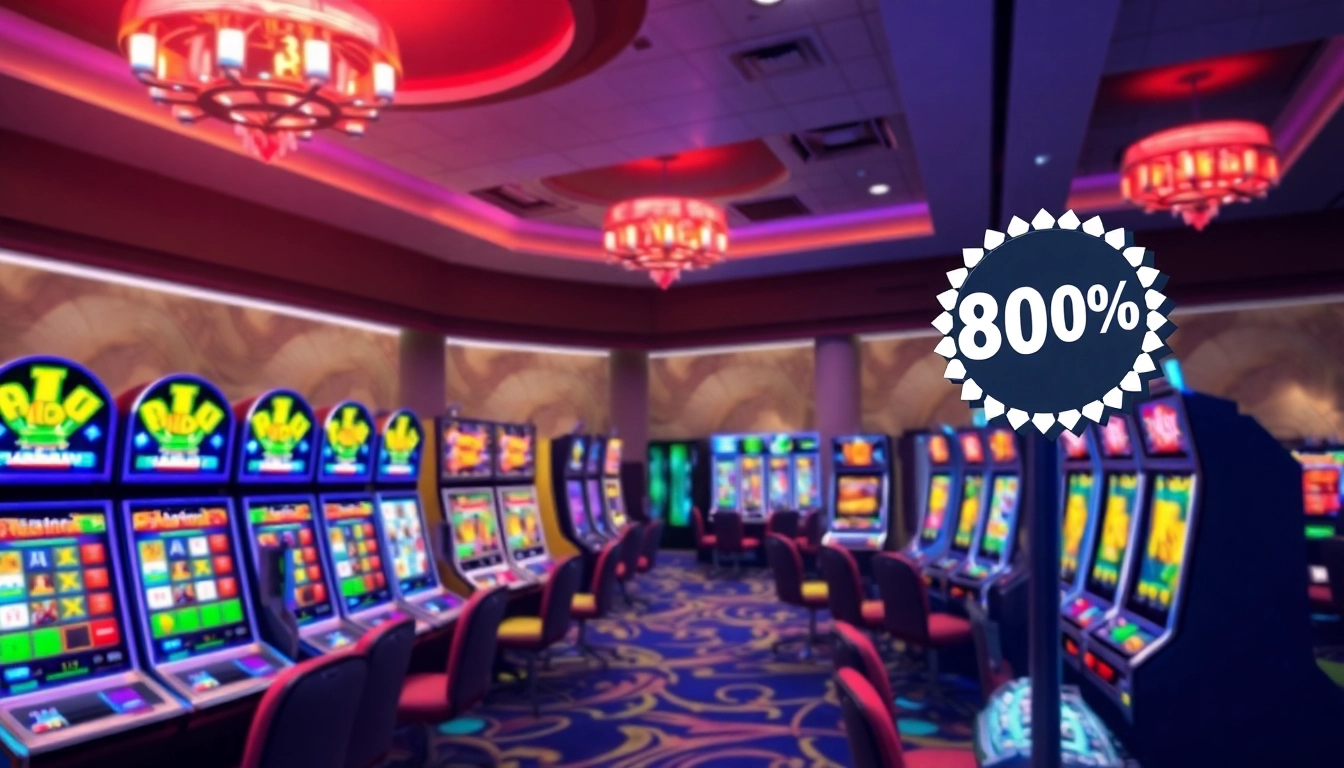Understanding Luxury
Luxury is more than just a word; it encapsulates a concept that transcends mere material possessions. It signifies a lifestyle of indulgence and comfort, often associated with high-quality goods and experiences. The term can evoke imagery of opulence, from designer fashion to extravagant vacations. But what does Luxury truly mean in a modern context? This exploration begins with a closer look at its definition and evolution.
The Definition and Evolution of Luxury
Historically, luxury was a privilege reserved for the elite, an embodiment of status that signified wealth and power. In ancient civilizations, luxury goods included silk, spices, and gold, primarily accessible to the aristocracy and royalty. As economies and societies evolved, so did the definition of luxury. Today, it encompasses a broader range of products and services that can offer comfort and quality, regardless of the price tag.
Modern definitions also highlight the emotional and psychological aspects of luxury. It’s not merely about the product; it’s the experience and the narrative that surrounds it. Luxury now conveys a sense of exclusivity and personal connection, making it more relatable to a wider audience. In contemporary discussions, luxury can be seen as an experience that caters to individual desires rather than just a label attached to high-priced items.
Luxury vs Necessity: A Psychological Perspective
The distinction between luxury and necessity is vital in understanding consumer behavior. Psychological theories suggest that luxury items often satisfy deeper emotional needs beyond mere survival or comfort. For many, purchasing luxury goods represents a form of self-expression, a way to convey identity and lifestyle choices to others.
This perspective is particularly evident in the desire for luxury brands. The allure of a high-end handbag or an exclusive wristwatch goes beyond functionality; it encapsulates aspirations and social signals. This connection between luxury consumption and personal identity is crucial for brands seeking to resonate with their target market.
Global Trends Influencing Luxury Markets
As the world becomes more interconnected, global trends significantly impact luxury markets. One prominent trend is the rise of the affluent middle class in emerging markets. Countries like China and India have seen a surge in disposable income, leading to a growing appetite for luxury goods.
Additionally, younger generations, particularly Millennials and Gen Z, are redefining luxury. They prioritize experiences over material goods, often seeking authenticity and sustainability in their luxury purchases. This shift is compelling brands to adapt their strategies, moving from traditional luxury marketing to more innovative, experience-focused approaches.
The Components of Luxury Goods
Identifying Luxury Items: Qualities and Characteristics
Luxury items share common characteristics that set them apart from regular consumer goods. These include:
- Quality: Superior craftsmanship and the use of high-end materials are hallmarks of luxury goods. Brands invest significantly in quality control to ensure their products meet and exceed consumer expectations.
- Exclusivity: Limited availability often enhances the desirability of luxury items. Scarcity can create a sense of urgency and increased demand among consumers.
- Brand Heritage: Many luxury brands have a rich heritage that adds to their allure. The story behind the brand often plays a crucial role in how consumers perceive value.
How Brand Perception Shapes Luxury Consumption
Brand perception plays a crucial role in the luxury market; it greatly affects how consumers choose and perceive luxury goods. Luxury brands often utilize storytelling to create an image that resonates with consumers on an emotional level.
Consider how brands like Chanel or Louis Vuitton not only offer products but evoke a lifestyle and experience attached to their names. Successful luxury brands leverage social proof—using endorsements from celebrities and influencers to reinforce their standing and desirability. Consumer experiences and testimonials further shape perceptions, cementing a brand’s place in the luxury market.
Luxury Pricing Strategies and Customer Expectations
The pricing of luxury goods is a complex art that goes beyond merely covering production costs. Various pricing strategies include:
- Price Skimming: Launching products at high prices and gradually lowering them can create an aura of exclusivity.
- Value-Based Pricing: Prices are set based on the perceived value rather than the cost of production, allowing brands to maximize profits while maintaining luxury status.
- Psychological Pricing: Prices that end with a „.99“ or a certain psychological anchor can influence consumer perceptions of luxury through subtle marketing techniques.
Customers expect luxury brands to justify their high prices through exceptional quality, innovative design, and exemplary service. Managing these customer expectations is essential for sustaining brand loyalty.
Experiencing Luxury: Lifestyle and Consumption
The Role of Luxury Services in Elevating Experiences
In the realm of luxury, services often enhance the experience associated with luxury goods. The entire process—from purchase to post-sale service—involves creating memorable interactions.
High-end retailers offer personalized shopping experiences, concierge services, and customized solutions tailored to the customer’s preferences. In the hospitality industry, luxury resorts and hotels employ trained staff to anticipate guests‘ needs, providing services that evoke comfort and relaxation—a hallmark of luxury.
Luxury Travel: What Makes a Destination Exclusive?
Luxury travel is not just about destination but the entire experience from start to finish. Exclusive access to remote resorts, private jet experiences, and curated adventures caters to the growing desires of affluent travelers.
Popular luxury travel destinations often focus on uniqueness and exclusivity, such as secluded islands or boutique hotels that offer tailored experiences. The service and hospitality level also plays a critical role, with expectations rising as travelers seek personalized itineraries and unique local experiences.
Luxury Home Decor: Designing High-End Spaces
The trend toward luxury in home decor reflects a desire for personalized, high-quality living spaces that evoke comfort and sophistication. Key elements include:
- Quality Materials: Natural materials, such as marble, hardwoods, and fine fabrics enhance the appeal of luxury interiors.
- Design Aesthetics: Contemporary designs, often paired with classical touches, create aesthetically pleasing environments. The integration of art and architecture is crucial.
- Sustainable Choices: An increasing number of consumers are seeking eco-friendly options that align with their values while maintaining luxury appeal.
Ultimately, luxury design is about delivering comfort, elegance, and a personalized touch that resonates deeply with the homeowner.
The Future of Luxury
Sustainability Trends Affecting Luxury Markets
Sustainability is becoming a critical concern for luxury brands. Modern consumers, particularly younger generations, are increasingly valuing eco-friendly practices. This trend has prompted many luxury brands to rethink their sourcing, production, and distribution processes to include environmentally sustainable methods.
Brands are producing items with sustainable materials, investing in fair labor practices, and promoting transparency throughout their supply chains. Moreover, companies that demonstrate a genuine commitment to sustainability often develop stronger brand loyalty and consumer trust.
Technology’s Impact on Luxury Consumption
Technology has profoundly affected how consumers engage with luxury brands. E-commerce platforms have allowed consumers greater access to luxury goods, while virtual reality (VR) and augmented reality (AR) provide immersive shopping experiences that enhance customer engagement.
Artificial intelligence (AI) is also playing a crucial role in understanding consumer behavior, aiding brands in crafting personalized marketing strategies and enhancing customer experience. For instance, data analysis helps brands anticipate trends, allowing them to align their offerings with market demands.
Predictions for Luxury Branding in the Next Decade
Looking ahead, luxury branding is expected to evolve significantly in response to changing consumer values and technological advancements. Key predictions include:
- Increased Personalization: Brands will leverage data analytics and AI to create personalized customer experiences and products.
- Focus on Digital Presence: As online shopping becomes more prevalent, luxury brands will enhance their online presence, utilizing social media and influencer partnerships.
- Hybrid Experiences: The blending of physical and digital experiences will become commonplace, as brands seek to provide the best of both worlds.
The ability to adapt to these trends will be vital for luxury brands seeking to maintain relevance and appeal.
Conclusion: The Enduring Allure of Luxury
Why Luxury Continues to Captivate Consumers
The allure of luxury remains strong and enduring. It encapsulates the dreams and aspirations of consumers, reflecting a desire for quality, exclusivity, and prestige. As we move further into an era marked by rapid change, the symbolic values attached to luxury goods will likely become even more significant.
Looking Beyond Materialism: Luxury’s Emotional Value
Luxury is increasingly viewed through the lens of emotional resonance. Consumers today seek products and experiences that provide not only satisfaction but also emotional connections and stories. Brands that evoke these feelings through their narratives and experiences will be better positioned to thrive in the modern luxury landscape.
Embracing Authenticity in Luxury Experiences
Emerging consumers want authentic experiences that resonate with their values and lifestyles. As brands strive to connect meaningfully with their audience, the push towards transparency, sustainability, and genuine storytelling will define future luxury. This authenticity will be the bedrock of loyalty in a market driven by informed and engaged consumers.



